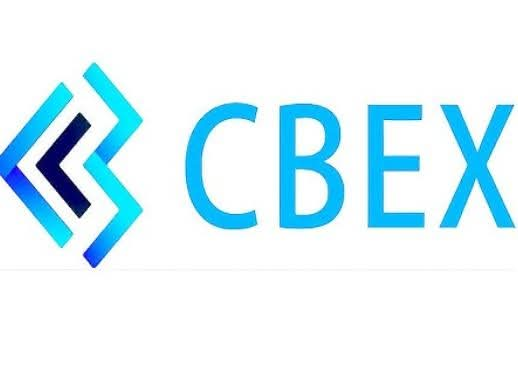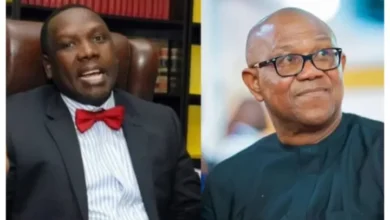From Umana-Umana to CBEX: The Endless Tragedy of Ponzi Schemes in Nigeria

Nigeria has long suffered under the burden of financial scams disguised as investment opportunities, but few schemes have been as devastating—or as revealing of a national mindset—as the trail of Ponzi schemes that have left families shattered and savings wiped out. From the early days of Umana-Umana to the recent collapse of CBEX, this plague has become a recurring cycle, feeding off the hopes and ignorance of the people. The story is not just about fraud; it’s about culture, belief, and a dangerous craving for instant miracles in a country where too many have come to despise process.
Umana-Umana in the early 1990s was one of the first Ponzi schemes that exposed the vulnerability of Nigerians to get-rich-quick illusions. It promised astonishing returns to its participants, most of whom emptied their life savings, sold properties, and took loans to invest. Like all Ponzi schemes, it relied not on any productive activity, but on the money of new entrants to pay earlier ones. When it crashed, it left behind a landscape of financial ruins and broken dreams—but little was learned.

Then came Planwell, a name that many still remember with a bitter taste. Marketed as a multi-level marketing platform in the early 2000s, Planwell pulled in thousands with glossy presentations, religious overtones, and promises of wealth that required no real work. Churches became informal recruitment centers, and pastors endorsed it from pulpits. Again, it crumbled. Again, victims wailed. Again, the cycle continued.
When MMM stormed Nigeria in 2016, the internet and social media gave it wings. Despite its global notoriety and history of collapses in other countries, Nigerians embraced it with passion. In fact, many ignored the clear warnings from the Central Bank of Nigeria and financial experts. The promise of 30% monthly returns sounded like divine favor. “God is using this to bless His children,” some said. It was a financial epidemic. When it fell apart—as it was always destined to—some lost not only money but their lives. Marriages ended. Suicides occurred. Still, it wasn’t enough.
Now in 2025, CBEX has written a new chapter in this tragic book. Operating under the deceptive alias of “CryptoBank Exchange” and pretending to be linked to the China Beijing Equity Exchange, it duped an estimated 300,000 Nigerians out of over ₦1.3 trillion. Once again, the promise was quick returns, “verified” accounts, and a new wave of digital prosperity. And once again, the signs were there: unregistered operations, demands for re-investment, and impossible guarantees. Yet people—ordinary Nigerians—walked straight into the trap.
This repeated gullibility is not accidental. It is rooted in a culture that has taught its people to hate process. For many, hard work, saving, and investing wisely are seen as outdated or irrelevant. In their place is a craving for financial miracles, often wrapped in religious language. In a nation where pastors are praised for driving Rolls-Royces while their congregations trek home, the line between spiritual breakthrough and financial recklessness has been dangerously blurred.
Books like “The Richest Man in Babylon” by George Clason, which teach fundamental principles of savings, disciplined investment, and delayed gratification, remain largely unknown or unappreciated in Nigeria. Such wisdom is drowned out by loud testimonies of overnight riches and the constant bombardment of social media influencers promoting crypto, forex, and “AI-powered” platforms that promise profits without effort.
But until there is a serious attitudinal shift—a national reorientation about wealth creation, patience, and personal responsibility—Nigeria will continue to be fertile ground for Ponzi schemes. It’s not just about regulation. It’s about mindsets. It’s about understanding that wealth is a process, not a miracle. That risk cannot be eliminated by prayer. That wisdom is better than luck.
If this cycle isn’t broken, it is only a matter of time before the next CBEX emerges under a new name, with new branding and new victims. The most painful part is not that people keep losing money—but that as a nation, we keep refusing to learn. And in that refusal, the tragedy continues.
Written by Collins Opurozor
Post Views: 88





